Noticia
An Innovation and development model improves the living conditions of artisanal fishermen in Manabi
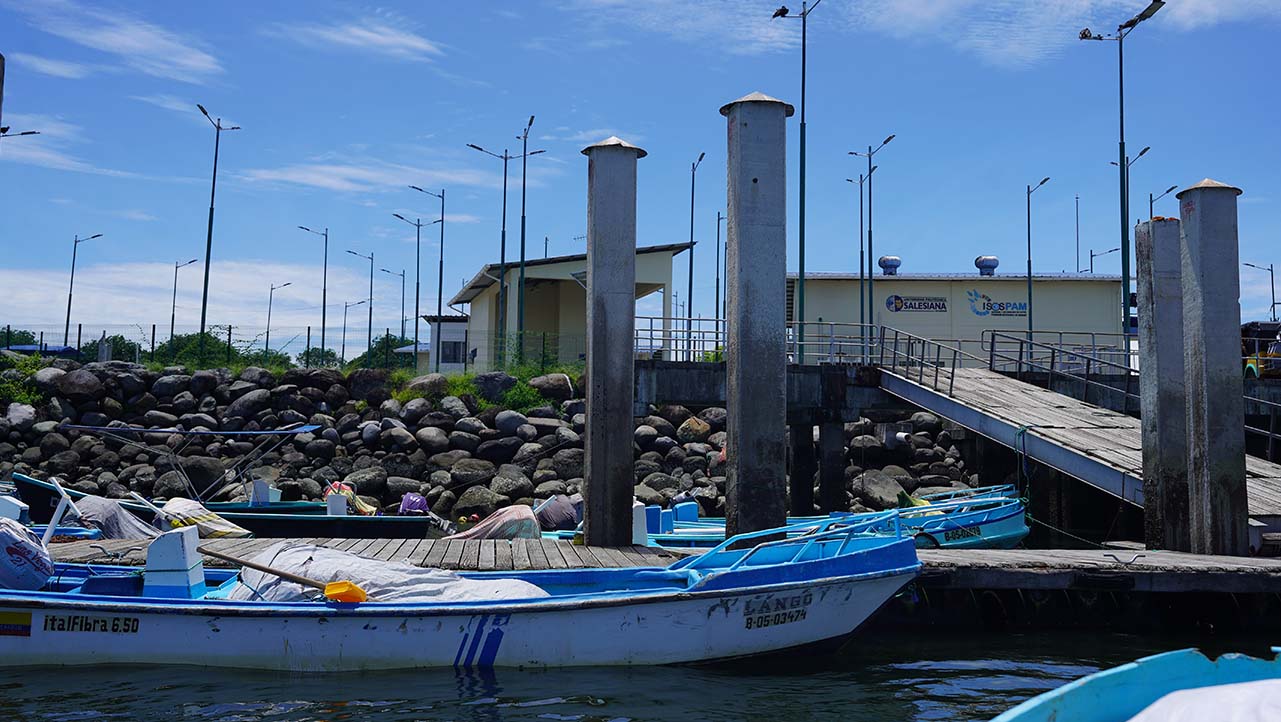
Artisanal fishing currently faces economic, environmental and social challenges. Therefore, the need to implement strategies for long term sustainability. The Innovation and Sustainability Project for the artisan fishing sector in Manabi (ISOSPAM for its acronym in Spanish) is aimed at solving these issues by applying a comprehensive approach that combines academic knowledge and the experience of fishing communities.
Led by Universidad Politécnica Salesian (UPS), in partnership with national and international institutions, ISOSPAM aims to strengthen artisanal fishing in Manabí by training fishermen, implementing more equitable marketing models, and promoting sustainable practices. Through circular economy, the project promotes the generation of added value in fishery products and the conservation of marine resources, thus contributing to the social and economic development of the region.
This photo report presents a visual tour of the place, actors, and processes that make up ISOSPAM. It shows the fundamental role of UPS in coordinating efforts to improve the fishing sector. The images demonstrate the social impact of this project on the community and its contribution to consolidating a responsible and sustainable fishing model.

The infrastructure of ISOSPAM represents commitment to innovation and sustainability in artisanal fishing. From this operations center, UPS coordinates activities aimed at improving fishermen's working conditions and strengthening their access to fairer markets. Through research, technical training, and community support, ISOSPAM is strengthening its position as an intervention model that seeks to balance productive development with the conservation of marine resources.
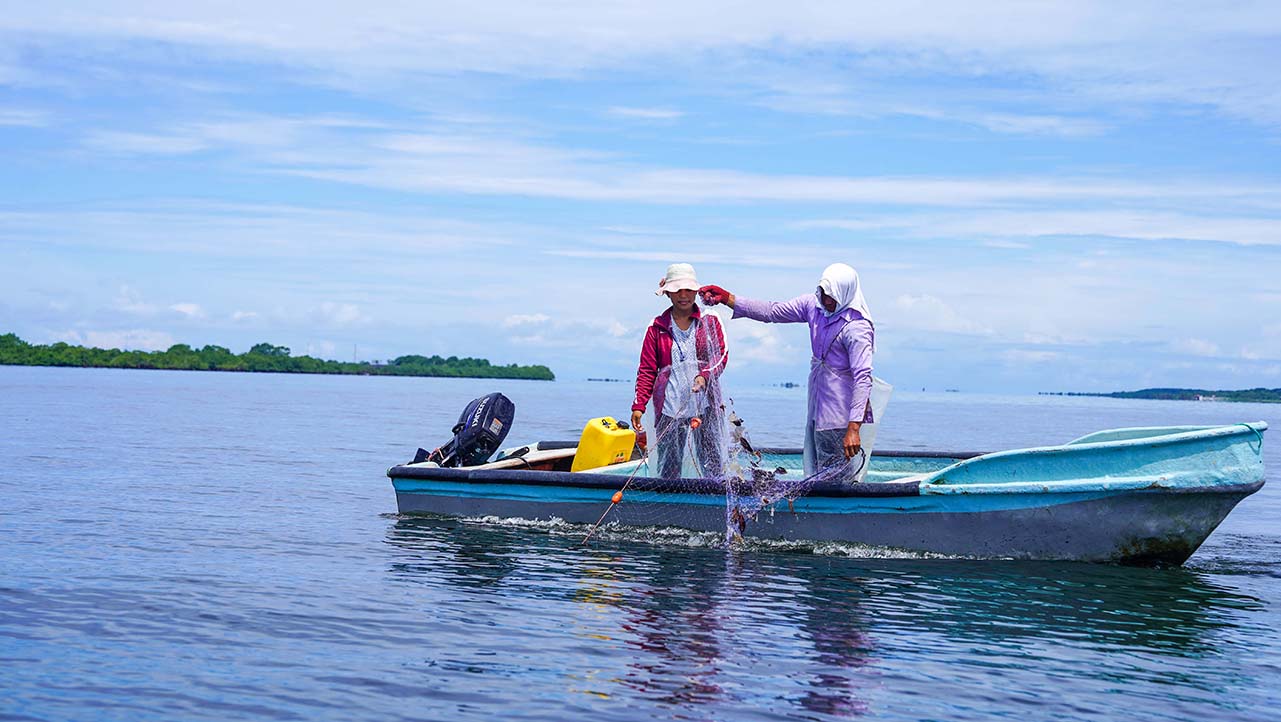
Two fishermen check their nets while fishing, a job they have been doing for years. Collecting shells and shrimp is their main source of income. Through ISOSPAM, UPS has promoted sustainable fishing techniques, ensuring better conditions for fishermen and the conservation of marine resources

The ISOSPAM project has been possible thanks to the commitment of the community's fishermen and workers. Here are Juan Xavier Olives, president of the ASOPROSPECHO Association, Nita Ortiz, a seafood processing worker, and José Macario Cheme, a fisherman and ASOPROSPECHO representative in El Churo, representing key players in this transformation. Through ISOSPAM and with the support of UPS, they have strengthened sustainable fishing, responsible shellfish harvesting, and the marketing of value-added products, which generate economic opportunities for their communities

"Previously, shrimp were sold very cheaply, but with ISOSPAM we now receive a fairer price, almost double what the intermediaries were paying. This helps us support our families and improve our quality of life." For Robinson, the project has been an opportunity to grow and learn about the importance of sustainable fishing. His testimony reflects the real impact this project has had on the fishing communities of Manabí.

Seafood processing is a key phase at ISOSPAM, where value is added to fish products. Nita Ortiz, a worker, is responsible for cleaning shrimp and making smoked shellfish, two products that have improved the sale of artisanal fishing.
"Since the project began, we have learned new techniques for processing seafood. First, we thoroughly wash the shellfish, extract the meat, and prepare it for the smoking process. Then it goes through a sterilization machine, ensuring its preservation and quality," Nita explains.
These processes have generated new job opportunities and improved the community's economic stability. With the support of ISOSPAM and UPS, this production model has strengthened artisanal fishing and opened doors to fairer markets.

Being an artisanal fisherman is more than a job; it's a way of life that requires effort, knowledge, and care for the sea. This project has enabled fishermen to find new opportunities to improve their working conditions, access training, and get fairer prices for their products. They have also learned about marine conservation practices and processing techniques that allow them to diversify their production and ensure a stable income. Beyond the economic impact, the project has strengthened the fishermen's identity, recognizing the value of their work and their fundamental role in the country's food security. Through ISOSPAM, their work evolves toward a more sustainable and dignified future.

Oyster fishing is one of the most innovative activities within ISOSPAM, promoting a sustainable mariculture model in the fishing communities of Manabí. In the picture, two fishermen raise the net where they have cultivated oysters in controlled waters, a process that reduces pressure on natural beds and ensures more efficient and profitable production.
Through the project, Universidad Politecnica Salesiana (UPS) has promoted the development of this activity by training fishermen in farming techniques and responsible management of marine resources. This new form of fishing not only represents a viable economic alternative but also contributes to the conservation of the marine ecosystem and the sustainability of the artisanal fishing sector.

Artisanal fishing depends not only on work at sea, but also on community labor on land. In this picture, women and girls help cleaning oysters, a fundamental process for selling them. At ISOSPAM, the work is done as a family, passing on knowledge from generation to generation and strengthening community ties.
"This project has given us the opportunity to have stable work. Before, we relied solely on what our husbands brought back from the sea, but now we also contribute with our work," say the women who are taking part in the project.
ISOSPAM and UPS has encouraged women's participation in the production process, providing training, economic autonomy, and an active role in the development of their communities. Their work is essential to building a more just and sustainable artisanal fishing industry.
Contenidos Relacionados
Contenidos Relacionados
Noticias Relacionadas
Noticias Relacionadas

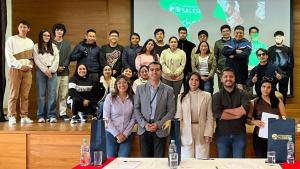
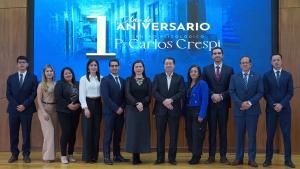
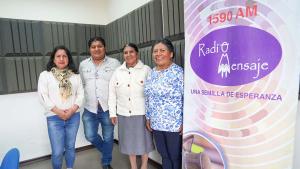
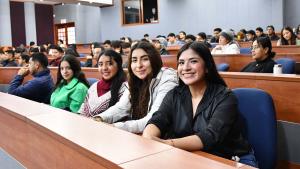
Follow us
Follow us